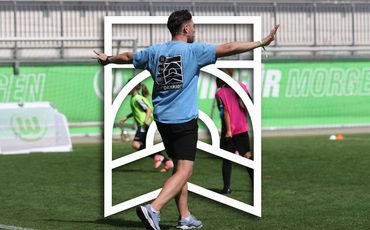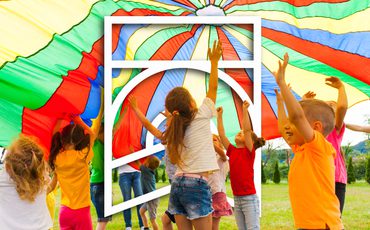The Features and Characteristics of Effective Talent Development Environments
In this article, we explore what makes a Talent Development Environment (TDE) truly effective. Drawing on research from experts like Russell Martindale and Kristoffer Henriksen, we can identify four key characteristics that define successful TDEs. These features not only support athletic performance but also promote long-term personal development and wellbeing.
1. A Clear Philosophy
Every effective TDE is built on a strong, clearly communicated philosophy. This philosophy should guide every aspect of the environment—from coaching methods to athlete interactions. At its core, a philosophy answers two essential questions:
- Why do we do things this way?
- How do we do them?
Whether shaped by the sport’s culture, the people involved, or broader policy, a shared philosophy ensures everyone is aligned and committed to a common vision. It fosters consistency, motivation, and a sense of purpose across the entire system.
2. Long-Term Development Focus
TDEs are not just about winning today—they’re about building athletes for tomorrow. A long-term development approach prioritizes continuous improvement over short-term results. This means creating an environment where athletes are encouraged to grow steadily across all areas of performance, with the ultimate goal of preparing them for high-performance sport in the future.
3. Individualised Development
No two athletes are the same. Effective TDEs recognize and respond to individual differences in development. Athletes progress at different rates across various domains—athletic, physical, technical, tactical, psychological, and social. A one-size-fits-all approach simply doesn’t work.
Instead, TDEs should provide the right balance of challenge and support, tailored to each athlete’s needs. This includes planning how to build their confidence, resilience, and coping skills to handle the pressures of sport—both now and in the future.
4. Strong Social Support
Support systems are crucial in any TDE. Research by Rees & Hardy (2000) identifies four types of support that athletes need:
- Emotional support – Feeling cared for and comforted.
- Esteem support – Feeling competent and confident.
- Informational support – Receiving advice and guidance.
- Tangible support – Getting practical help to manage challenges.
Different people within the TDE—coaches, peers, family members, and role models—can provide these types of support. The key is ensuring that the right kind of support is available at the right time, tailored to each athlete’s age and personal circumstances.
Conclusion
Effective Talent Development Environments are built on a foundation of clear philosophy, long-term vision, individualised support, and strong social networks. By embracing these characteristics, coaches and organisations can create environments where young athletes not only perform—but thrive.
Watch the full video below
Comments
Related Pages


